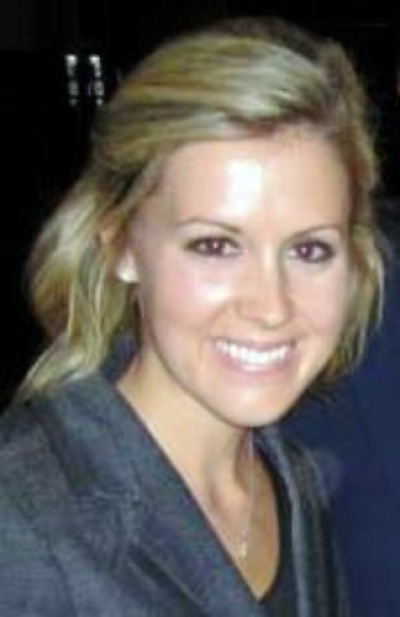Conservative Women Can Change the Narrative

Female voters are a bloc who certainly receive a lot of focus during election years. Campaign consultants spend countless hours trying to answer questions like, "How do we reach women?" "What issues do they care about?" and "How do we convince them that our party will serve their best interests?" But most women fall neatly into two parties, just like most men do; and historically, women tend to vote Democratic. As the 2014 elections draw nearer, conservative women must realize their potential for making an impact on female voters. Conservative pollster Kellyanne Conway contends that we should not accept the inevitability that women will vote for liberal candidates, we just need to change the narrative.
Probably the key differences right now between conservative and liberal women as a voting bloc is the fact that liberal women are more organized and tend to have a more specific agenda. There are more women leading in liberal politics and thus, there tends to be a more consistent message on issues and a unified voice telling us how women are feeling about things.
Conservative women are a little harder to coalesce. Conservative women seeking elected office tend not to receive the same "bump" from female voters as liberal women candidates do. We identify less with our own gender, as polls indicate, and more with candidates who share the same closely held principles and values. To broaden our reach we don't have to form our own league, but we have to be willing to engage more within our individual spheres of influence.
The media would have you believe that the typical female voter is focused predominantly on reproductive freedom, and thus, cannot be won over by the pro-life party. Yet, polling shows that women consistently rank the economy and jobs as their top concerns, regardless of party affiliation. The unemployment rate for women right now is 6.9 percent, which is 2.8 percent higher than it was in 2000. That means that there are over five million unemployed women in a nationwide workforce that is 46.5 percent female. This is an issue that conservative women can win on, if we can reclaim the messaging and drive the conversation on what women really care about.
As we face a crucial election year, particularly in the U.S. Senate, maybe it's time for conservative women to get a little more organized and a lot more vocal. In its most basic form, conservative ideology frees up businesses to profit and hire; prioritizes constitutional guarantees against government intrusion and the protection of religious liberty; and limits the size and scope of government. We need more women to step up as messengers for these ideals, as Democrats continue to portray these conservative principles as held only by old white men.
I had the privilege of having lunch yesterday with a dynamic group of conservative women leaders, including U.S. Congressman Martha Roby, State Representatives Mary Sue McClurkin and Terri Collins, and Alabama Supreme Court Justices Stuart and Wise. These ladies of different backgrounds and professions answered the call to step up, run and win in Alabama where conservative women make up a very small percentage of those in statewide office. They are strong and vital ambassadors for the conservative message. Young conservative women need more female leaders to follow, not because gender will ever be our top issue, but because we need igniting.
Whether you are a stay-at-home mom or a female CEO, your engagement in the political process is needed. For conservative values to survive, conservative women must start carrying more of the weight, both in Alabama and in Washington. There are hundreds of thousands of women out there who likely share our ideals, but have felt overlooked or are without the platforms and support that the opposing message seems to enjoy.
This year and this election cycle is a good time to take on this challenge and initiate policy-related conversations with your family, friends, and colleagues. We cannot afford to forfeit the powerful voice of conservative women in a political system that needs to hear from us now, more than ever.





















